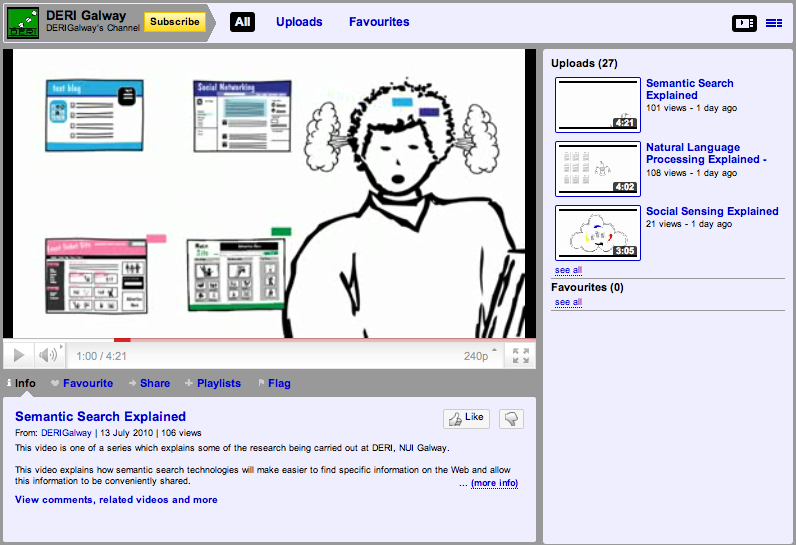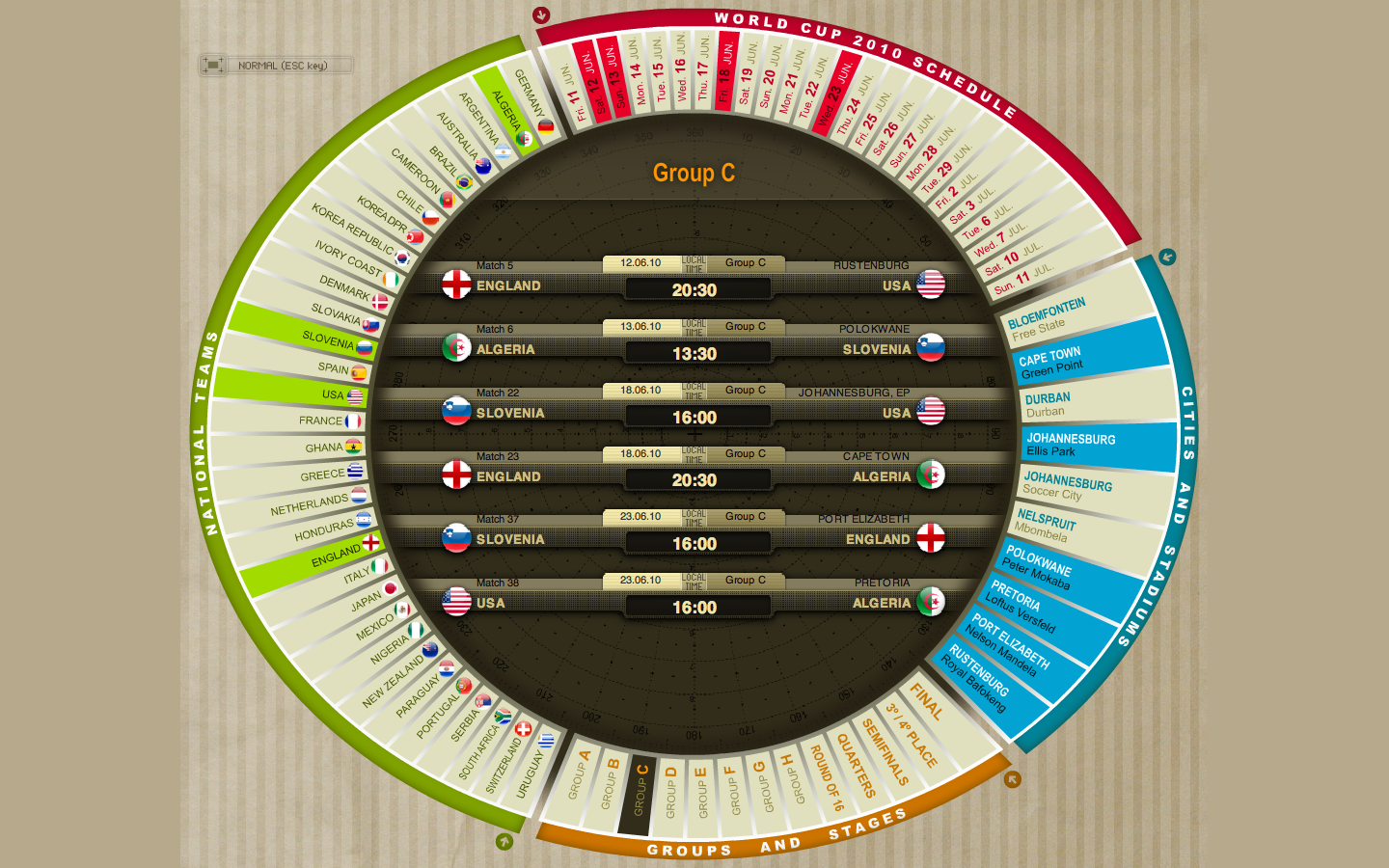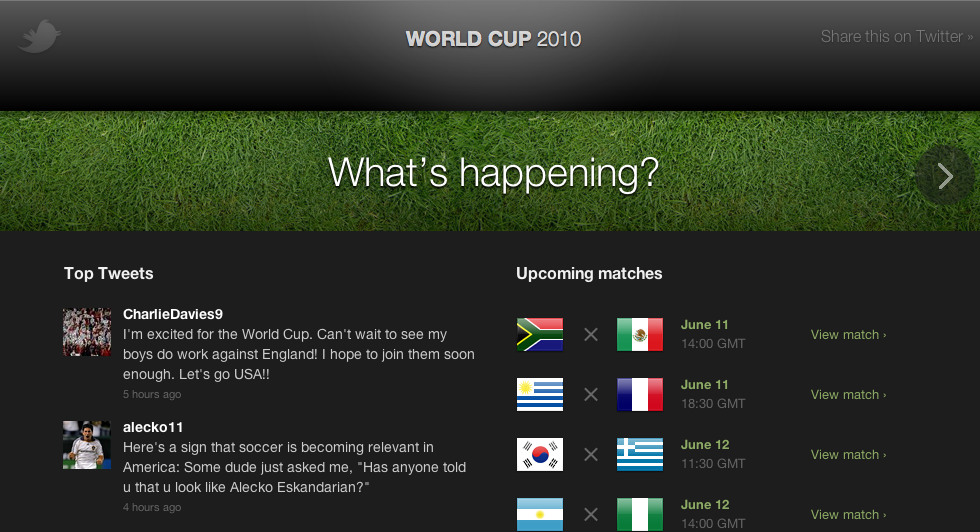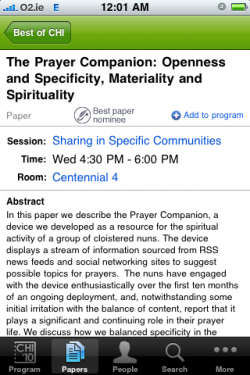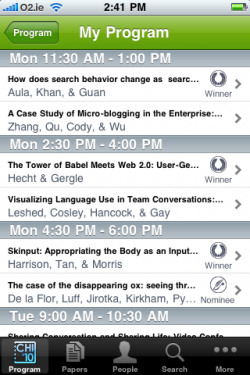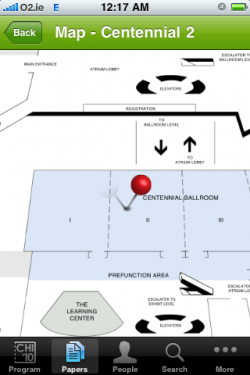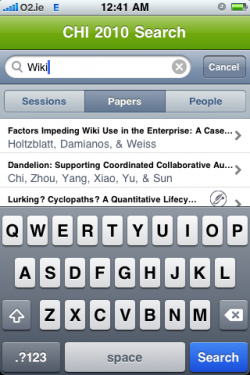Earlier this week, Inside Higher Ed published an article about wikis in higher education. I’m quoted in connection with my work ((I used to be AcaWiki’s Community Liaison and now contribute summaries and help administer the wiki.)) with AcaWiki, which gathers summaries of research papers, books, etc.
The article was publicized with a tweet asking “Why haven’t #wikis revolutionized scholarship?”
Of course, I’d rather ask “how have wikis impacted scholarship?” — though that’s less sexy! First, the largest impact is in technological infrastructure: it’s now commonplace to use collaborative, networked tools with built-in version control. (Though “wiki” isn’t what we’d use to describe Google Docs nor Etherpad or its many clones). Second, wikis are ubiquitous in research, if you look in the right places. (nLab, OpenWetWare, and numerous departmental wikis). Third, “revolutions” take time, and academia is essentially conservative and slow-moving. For instance, ejournals (~15 years old and counting) are only just starting to depart significantly from the paper form (with multimedia inclusions, storage of data and other, public comments, overlay journals, post-publication peer-review, etc). Wikis have been used for teaching since roughly 2002 ((see e.g. Bergin, J. (2002). Teaching on the wiki web. In Proceedings of the 7th annual conference on Innovation and technology in computer science education (pp. 195-195). Aarhus, Denmark: ACM. doi:10.1145/544414.544473 and related source code)), meaning that academic wikis might be only about 8 years old at this point.
Other responses: Viva la wiki, says Brian Lamb, who was also interviewed for the article. Daniel Mietchen thinks big about the future of wikis for science.
.
